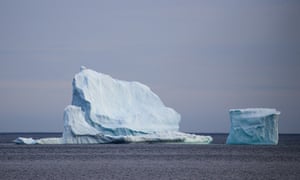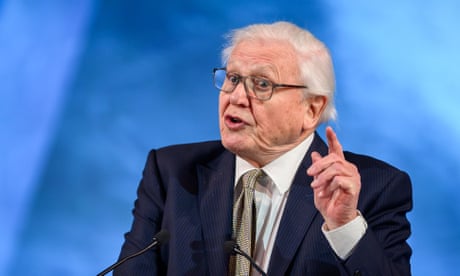So the Luddites in Alberta were out protesting the loss of jobs in the fossil fuel industry again this week. Chances are we are already probably screwed by our lack of adequate response to global warming, but if we listen to people like those idiotic Alberta protesters, we are definitely screwed, blued, and tattooed
Few places in Antarctica are more difficult to reach than Thwaites Glacier, a Florida-sized hunk of frozen water that meets the Amundsen Sea about 800 miles west of McMurdo. Until a decade ago, barely any scientists had ever set foot there, and the glacier’s remoteness, along with its reputation for bad weather, ensured that it remained poorly understood. Yet within the small community of people who study ice for a living, Thwaites has long been the subject of dark speculation. If this mysterious glacier were to “go bad”—glaciologist-speak for the process by which a glacier breaks down into icebergs and eventually collapses into the ocean—it might be more than a scientific curiosity. Indeed, it might be the kind of event that changes the course of civilization.
https://www.wired.com/story/antarctica-thwaites-glacier-breaking-point/






